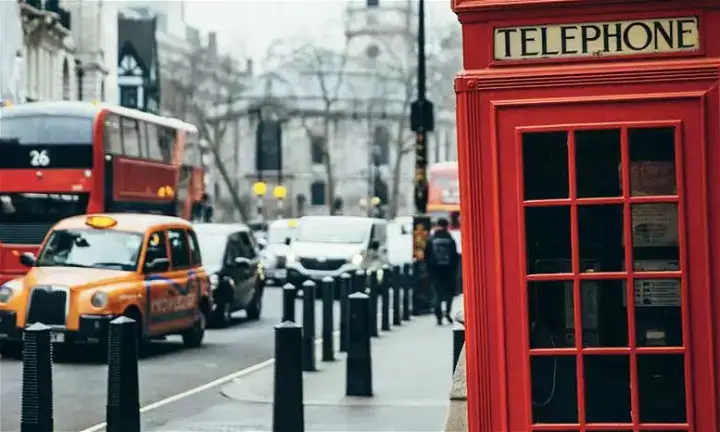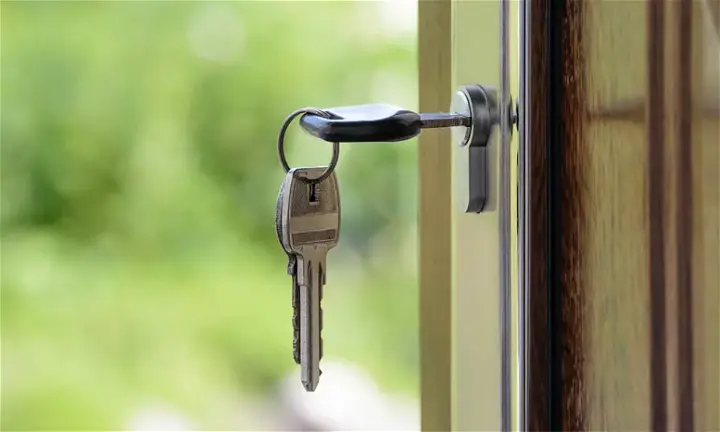
What to do if your landlord doesn't give back your deposit
A deposit, sometimes called a guarantee or damage deposit, is a sum of money collected by a landlord at the start of the tenancy for security against damage or non-payment of rent. It protects the landlord against damages or degradations in the property caused by the tenants and unpaid bills. A description of what the deposit covers should be provided by your landlord, whether in the tenancy agreement or another document. If you are affected by a dispute surrounding your deposit or the non-refund of your deposit, or you simply want to find out more about the regulations, here’s what you need to know.
Know the rules surrounding depositsFor assured shorthold tenancies, landlords in the UK are obliged to protect your deposit by placing the money in a Tenancy Deposit Protection scheme. Assured shorthold tenancies do not include landlords who live in the same property with the tenant. These TDP schemes ensure that your rent is protected and that you get the full amount back at the end of the tenancy, provided that you meet the conditions. Your landlord loses the right to evict you without returning your full deposit if they don’t give you all the information. Legally, your landlord must tell you which TDP scheme they’re using within 30 days of taking your money.
If you are not an assured shorthold tenant, you still have the right to your deposit as it is your money. To request your deposit you must send a letter to your landlord before considering any court action.
What are the landlord’s rights?Landlords have certain rights when it comes to deposits, but they must respect the current laws. • Deadline for return For TDP schemes, the landlord is obliged to return your deposit within ten days of the end of the tenancy – provided that there are no disputes regarding the amount to be returned. In this case, the landlord must return the full amount directly to you. You may need a form provided by the TDP which confirms that you and the landlord agree how much will be returned. In this case of a dispute, the full amount will be given to the TDP, who will then decide which party will receive what amount. • Deductions Your landlord is entitled to make deductions from the deposit after you leave for certain reasons which they must provide reason for in writing. This can include unpaid rent, missing items, cleaning costs and damage to the property. Costs like re-letting the property or unpaid bills which are sent to you cannot be claimed from the deposit, although other costs could be invoked that are not specified. The document or tenancy agreement signed by both parties should outline what would be covered by the deposit. If you do not agree with the deductions, you can raise a dispute. Shelter provides a template letter to landlords and other advice for such disputes.
How can you prevent nasty surprises?In order to avoid potential conflicts and problems following the end of your tenancy, there are a couple of things you can do. Maintaining a good relationship with your landlord is absolutely essential. It is advisable to let your landlord know of any problems, damages or issues with the property so that the repairs can be carried out as soon as possible to avoid further, more serious damage. You can also undertake an inventory at the start and end of the tenancy so that any damage or changes can be proven. You should also ask your landlord which deposit scheme has been selected early on, and request proof. You should also make sure you have sufficient documentation to prove your case, such as the signed tenancy deposit or inventory. By taking these sorts of steps you can protect yourself when it comes to getting your deposit back. Always consult legal advice before taking any action. More advice can be found on the government site for tenancy deposit protection.
Author: Roomlala



